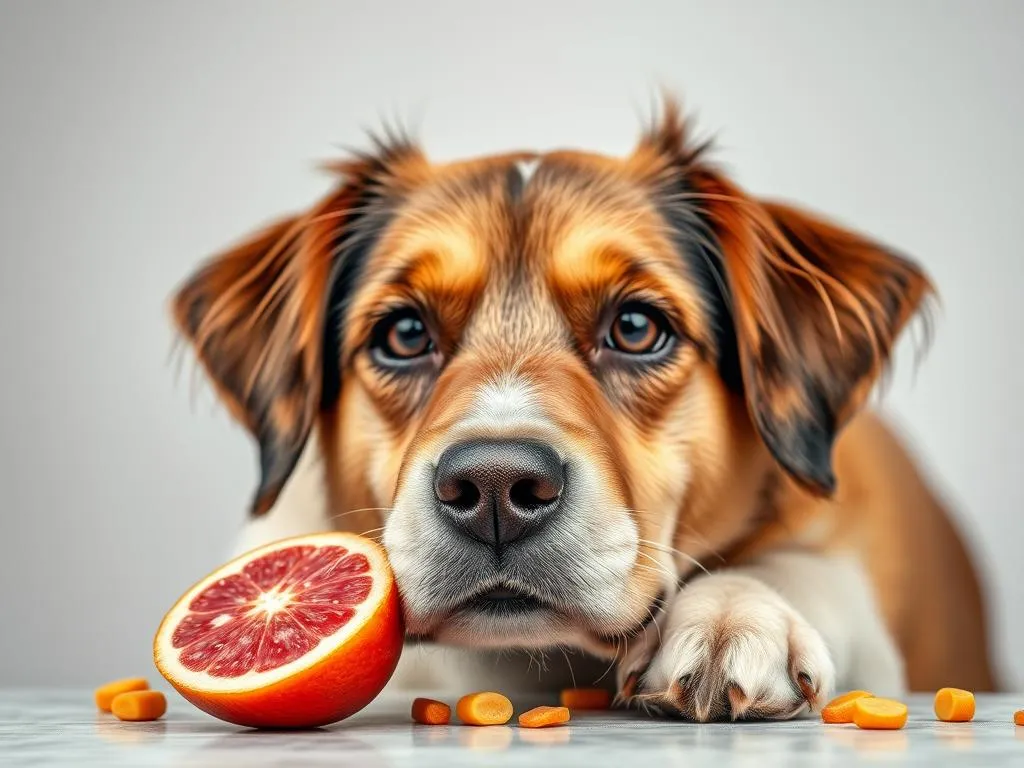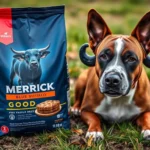
Introduction
Proper nutrition is vital for the overall health and well-being of dogs. Just like humans, dogs require a balanced diet to thrive, encompassing a variety of nutrients that contribute to their physical and mental health. Among these nutrients, vitamin C plays an important role in maintaining a dog’s health, although it is often overlooked by pet owners. In this article, we will delve into foods with vitamin C for dogs, exploring their benefits, sources, and how to incorporate them into your dog’s diet effectively.
Understanding Dog Nutrition
Basic Nutritional Needs
To comprehend the importance of vitamin C, it’s crucial to first understand the basic nutritional needs of dogs.
Macronutrients: Proteins, Fats, Carbohydrates
Dogs, like all living beings, need macronutrients for energy and growth. The three primary macronutrients are:
- Proteins: Essential for growth, maintenance, and repair of tissues.
- Fats: Provide energy and support cellular health.
- Carbohydrates: Serve as a source of energy and aid in digestion.
Micronutrients: Vitamins and Minerals
Micronutrients, including vitamins and minerals, are equally important, albeit required in smaller amounts. They support various bodily functions and processes, contributing to your dog’s overall health and vitality.
Role of Vitamins in Dog Health
Overview of Essential Vitamins for Dogs
Vitamins are organic compounds that are crucial for metabolic processes. Dogs need several vitamins for optimal health, including:
- Vitamin A: Essential for vision and immune function.
- Vitamin D: Vital for calcium absorption and bone health.
- Vitamin E: Acts as an antioxidant and supports skin health.
- B Vitamins: Involved in energy metabolism and brain function.
Specific Focus on Vitamin C
Vitamin C, or ascorbic acid, is known for its antioxidant properties, helping to neutralize free radicals in the body. While dogs can synthesize vitamin C naturally, certain conditions may necessitate additional dietary sources to ensure they receive adequate levels.
The Importance of Vitamin C for Dogs
Functions of Vitamin C
Antioxidant Properties
One of the primary functions of vitamin C is its role as an antioxidant. It helps to combat oxidative stress, which can lead to chronic diseases and aging-related issues in dogs.
Immune System Support
Vitamin C is known to bolster the immune system, helping dogs fend off infections and diseases. A robust immune system is essential for maintaining overall health and longevity.
Collagen Production and Skin Health
Collagen, a protein that provides structure to skin, cartilage, and bones, depends on vitamin C for its synthesis. This makes vitamin C vital for skin health and wound healing in dogs.
Do Dogs Need Supplementation?
Natural Synthesis of Vitamin C in Dogs
Dogs have the unique ability to produce their own vitamin C in the liver. This natural synthesis generally meets their needs under normal conditions. However, there are exceptions.
Situations Where Supplementation May Be Beneficial
In situations of stress, illness, or certain health conditions, dogs may benefit from additional vitamin C. Older dogs or those with compromised immune systems may also require extra support. Consultation with a veterinarian is recommended to assess individual needs.
Foods with Vitamin C for Dogs
Incorporating foods with vitamin C for dogs into their diet can provide additional health benefits. Here are some excellent sources of vitamin C that are safe for canine consumption.
Fruits High in Vitamin C
Fruits can be a delightful treat for dogs, and many are rich in vitamin C. Here are a few favorites:
- Blueberries: Packed with antioxidants, blueberries are not only rich in vitamin C but also low in calories, making them a perfect snack.
- Strawberries: These sweet fruits contain high levels of vitamin C and fiber, promoting digestive health.
- Oranges: While oranges are high in vitamin C, it’s essential to be cautious with citrus fruits. Some dogs may experience digestive upset from the acidity, so moderation is key.
Vegetables Rich in Vitamin C
Vegetables are another excellent source of vitamin C. Including a variety of veggies in your dog’s diet can enhance their nutrient intake:
- Bell Peppers: Especially red and yellow varieties, bell peppers are loaded with vitamin C and can be served raw or cooked.
- Kale: This leafy green is a superfood for dogs, offering a range of vitamins, including vitamin C. Be sure to introduce it gradually.
- Broccoli: Rich in vitamins, fiber, and minerals, broccoli is a nutritious addition to your dog’s meals.
Other Sources of Vitamin C
Beyond fruits and vegetables, there are additional sources of vitamin C that can benefit your dog’s health:
- Dog-safe Herbs: Herbs like parsley not only enhance the flavor of your dog’s food but also provide a good source of vitamin C and other nutrients.
- Commercial Dog Food Options: Some commercial dog food brands include added vitamin C for additional health benefits. Always check the ingredient list for added nutrients.
Recommended Serving Sizes
General Guidelines for Feeding Fruits and Vegetables
When introducing new foods into your dog’s diet, moderation is crucial. Fruits and vegetables should only make up about 10% of your dog’s daily caloric intake.
Portion Control for Vitamin C-rich Foods
Here are general serving size recommendations:
- Fruits: For small dogs, 1-2 small pieces of fruit per day is sufficient. For larger dogs, 2-4 pieces may be appropriate.
- Vegetables: Small dogs can have 1/4 cup of chopped veggies, while larger breeds can have up to 1/2 cup.
Observing Your Dog’s Reaction to New Foods
Always observe your dog for any adverse reactions when introducing new foods. Monitor for signs of digestive upset, allergies, or other health issues. If in doubt, consult your veterinarian.
Potential Risks and Considerations
Foods to Avoid
While many fruits and vegetables are safe, some can be toxic to dogs. Be aware of the following:
- Toxic Fruits and Vegetables: Grapes and raisins can cause kidney failure in dogs, while onions and garlic can damage red blood cells.
- Possible Allergies or Intolerances: Some dogs may have allergies to specific fruits or vegetables. Always introduce new foods slowly and in small amounts.
Signs of Vitamin C Overdose
Although rare, over-supplementing with vitamin C can lead to gastrointestinal upset, including diarrhea and stomach cramps. If you suspect your dog has consumed too much vitamin C, consult your veterinarian.
Consultation with a Veterinarian
Before making significant changes to your dog’s diet or introducing supplements, it’s best to consult a veterinarian. They can provide tailored advice based on your dog’s individual health needs.
Conclusion
Maintaining a balanced diet for dogs is paramount for their health and longevity. Foods with vitamin C for dogs not only enrich their diet but also support their immune system, improve skin health, and offer antioxidant protection. Always remember to incorporate these foods in moderation and to consult with a veterinarian regarding your dog’s specific nutritional needs. With the right balance of nutrients, your dog can lead a happy and healthy life.
FAQs
Can dogs get enough Vitamin C from their diet?
Most dogs can synthesize enough vitamin C naturally. However, certain situations may call for dietary sources to support their health.
What are the best vitamin supplements for dogs?
The best vitamin supplements vary based on your dog’s specific needs. Consult with your veterinarian for recommendations tailored to your pet.
How can I tell if my dog is getting enough nutrients?
A well-balanced diet, shiny coat, healthy skin, and good energy levels are signs of adequate nutrition. Regular veterinary check-ups can also help monitor your dog’s health and nutritional status.









